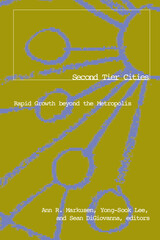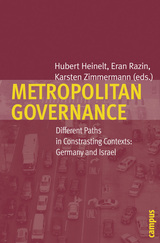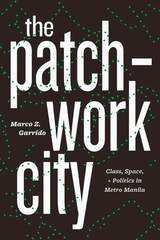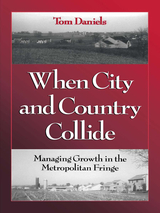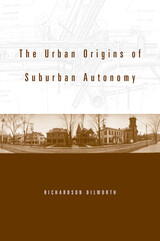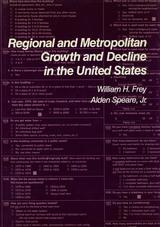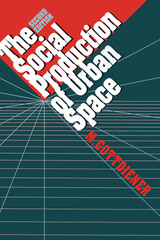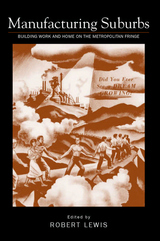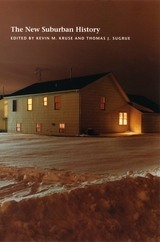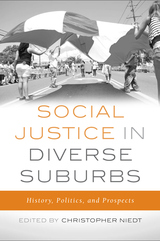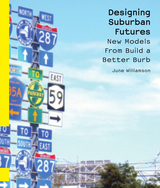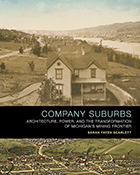Confronting Suburban Decline: Strategic Planning For Metropolitan Renewal
Island Press, 2000
eISBN: 978-1-59726-351-1 | Paper: 978-1-55963-770-1
Library of Congress Classification HT352.U6L83 2000
Dewey Decimal Classification 307.12160973
eISBN: 978-1-59726-351-1 | Paper: 978-1-55963-770-1
Library of Congress Classification HT352.U6L83 2000
Dewey Decimal Classification 307.12160973
ABOUT THIS BOOK | REVIEWS
ABOUT THIS BOOK
Sprawling commercial and residential development in outer suburbs and exurban areas has for a number of years masked increasingly severe socioeconomic problems in suburban America. In recent decades, income declines, crime increases, and tax base erosion have affected many suburbs to an extent previously seen only in central cities.In Confronting Suburban Decline, William H. Lucy and David L. Phillips examine conditions and trends in cities and suburbs since 1960, arguing that beginning in the 1980s, the United States entered a "post-suburban" era of declining suburbs with maturation of communities accompanied by large-scale deterioration. The authors examine: why suburban decline has become widespread how the "tyranny of easy development decisions" often results in new housing being built outside of areas that people prefer how strategic planning can help assess dangers how some suburbs have stabilized or revived how interactions between residential mobility and the age, size, and location of housing can help policy makers anticipate dangers and opportunities facing neighborhoods and jurisdictions Making the case that a high quality natural and built environment is key to achieving economic stability, the authors set forth a series of policy recommendations with federal, state, regional, and local dimensions that can help contribute to that goal.In-depth case studies are provided of Richmond, Virginia and Washington, D.C., along with examples from Minnesota, Oregon, Maryland, Tennessee, and other locations. In addition, the book offers information and statistics on income, population, and racial transitions in 554 suburbs in the nation's twenty-four largest metropolitan areas.Confronting Suburban Decline provides a detailed look at the causes of and responses to urban and suburban decline. Planners and policymakers as well as students and researchers involved with issues of land use, economic development, regional planning, community development, or intergovernmental relations will find it a valuable resource.
See other books on: 1960- | Metropolitan areas | Phillips, David | Suburbs | Urban policy
See other titles from Island Press

